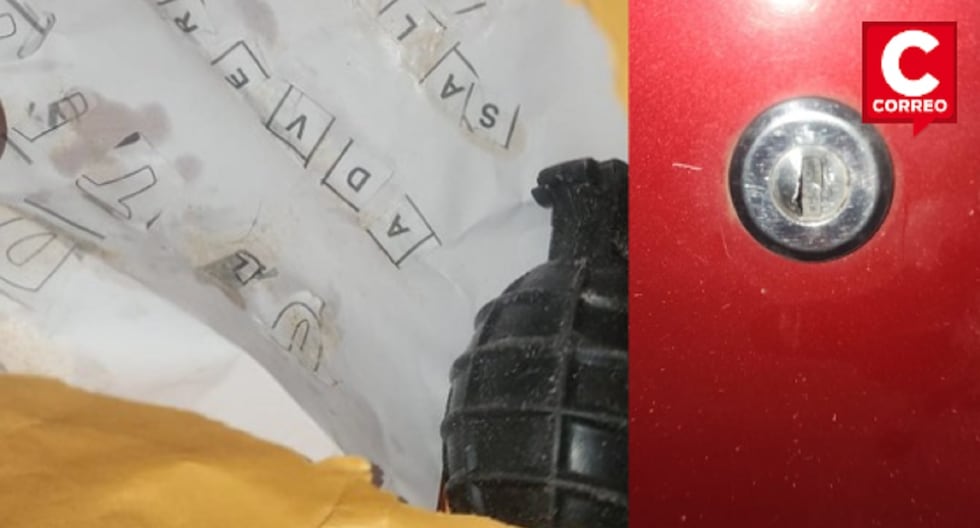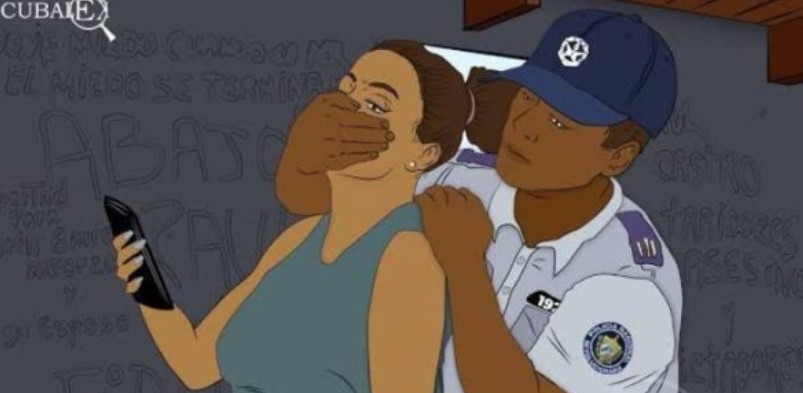Ivan Evair Saldana and Gustavo Castillo
The newspaper La Jornada
Wednesday, August 14, 2024, p. 4
Members and former representatives of international organizations warned that, if approved in its terms, the reform of the Federal Judicial Branch (PJF) would violate global commitments that Mexico signed in instruments such as the Charter of the Organization of American States (OAS) and would open questions from international bodies such as the Inter-American Commission on Human Rights (IACHR) and the Inter-American Human Rights Commission (IACHR).
In the three discussion tables of the International Meeting on Judicial Independence, held yesterday by the PJF, the former president of the IACHR, Carlos Ayala, assured that A State cannot excuse itself from fulfilling these international obligations by invoking domestic law.
that is, with changes to its Constitution.
“And this comes from the Vienna Convention on the Law of Treaties. Pact is a service (the agreements must be fulfilled), the treaties generate legal obligations for the States, there would be no international law if, in the face of a treaty, they adopt a norm of internal law that contradicts the treaty,” he mentioned.
Meanwhile, Jesús Orozco Henríquez, former vice-president of the IACHR, said that the presidential initiative would undermine judicial independence and effective access to justice, through changes such as the new way of electing the country’s more than 1,600 judges and magistrates by popular vote.
Although he acknowledged that reform of the PJF in Mexico is necessary, he urged that it be in line with inter-American and international standards on human rights.
They would open the doors to possible questions before the competent international bodies.
said the former magistrate of the TEPJF.
At the last discussion table, Minister Ricardo Lorenzetti, of the Supreme Court of Argentina, stated that What we see now are not coups d’état but a weakening of the democratic system and, imperceptibly, the institutions that limit powers are being undermined and then, finally, through a series of measures, we end up with a single, real power, concentrated in the Executive, which ends up controlling Congress and the Judiciary.
.
The jurist argued that the expansion of the number of members of the judicial powers is a measure that has failed due to the discredit it has suffered each time it has been implemented, because it has had a lack of legitimacy.
Another strategy to attack the judiciary, he said, is to distort the judges and thereby delegitimize their decisions, and then legislate against their resolutions.
He also explained that another situation that exists in various nations is that society is led to believe that the judicial powers are counter-majoritarian, and therefore calls are made for judges and magistrates to be elected electorally, which also violates judicial independence.
















